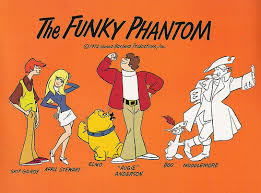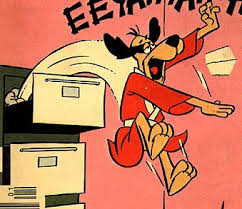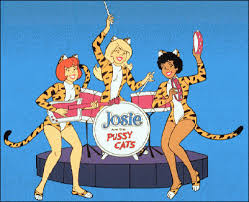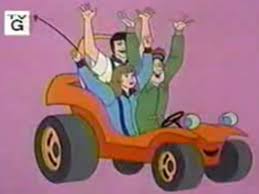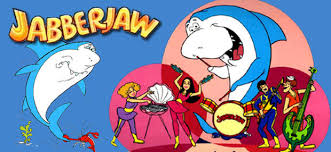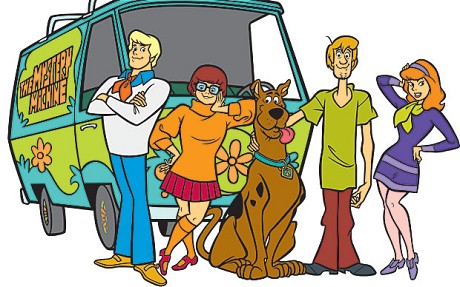I love meeting readers and writers at book and writing events, and I'm fortunate to have quite a few near me. But as a writer, how do you decide which ones to participate in -- especially when your primary job is to write your next work? Traveling and marketing are an investment of your time and money.
1. ROI (Return on Investment) should be a consideration. Selling books is important. But I've done events at indie book stores where we didn't have a great turnout, but the store ended up selling a case of books during the week when there was more foot traffic. I've also made some invaluable contacts at events. Sometimes, building relationships is worth more than selling tons of books. If there is a cost for a table or an event, you need to consider whether or not it is worth the effort and value. If you've never attended the event, ask around to see what other authors have experienced.
2. I try a lot of events (at least once). We've done several over the years where the readers weren't my target audience (mystery). I attended and had fun, but I probably won't go back.
3. I believe in helping other authors, so I do a lot of writing workshops. Again, you may not sell hundreds of books, but you do make contacts, build email lists, and pick up fans and followers.
4. I am also fortunate to be a part of several writing groups, and we plan events and signings together. There is nothing worse than sitting alone at an author's table. When we band together, our social media and fan reach grows exponentially. Plus, we often carpool, and that saves some money.
5. We've done some signings at some unconventional places for mystery authors (e.g. a Hallmark/gift store, a gas/restaurant/gift store complex on the way to North Carolina's Outer Banks, a winery, several museums, and several farmers markets). You would be surprised. We've sold more books at places like this than traditional book stores. Be creative when you book signings.
6. Be prepared -- no matter what the event. Make sure you have business cards, bookmarks, or postcards. Sometimes, folks don't buy a book at the event, but if you have something to give them, you may make a sale or referral later. I even take bookmarks on vacation. We stop at a lot of little gift shops that sell books.
7. I appreciate the events that do a lot of publicity, and I always make sure to share, tweet, and post. I want to be a part of groups that are organized and interested in building their audience. (I've attended several events, where there was little to no publicity. Surprise, surprise, the attendance wasn't that great either.)
Best wishes for the marketing of your book. It's a lot of work. I logged over 2,000 miles this year for book events.













